WARNING: This story contains sensitive subject matter, including suicide and self-harm, that could be triggering for some readers.
Nicholas Powley spent a lot of his time on farms, his love for working with animals evident to those who knew him. He had found his true passion, and even started a budding career as a farrier. “He was a cowboy through and through,” former Canadian Premier League goalkeeper Dylon Powley said to CanPL.ca, describing his younger brother. “It was something that was a little bit foreign to my mom, my dad and myself, but it was his absolute passion — it was his version of soccer, that was just where he was the happiest, where he always had a smile on his face.” Dylon’s name will be familiar to some CPL fans who saw him play for FC Edmonton and Atlético Ottawa in the past few years, and many will have seen his social media posts earlier this year about his brother’s passing. Nicholas, who would have turned 24 in July, succumbed to his struggle with mental health at the end of March of this year. Acclaimed as someone who always looked out for others no matter what, Nicholas made an impression on people that Dylon believes will stay with them for many, many years to come. “We got to meet some amazing people from that community that we had never met when he was still here — just because he was always there, not with us,” Dylon said, mentioning that over 300 people attended his brother’s funeral service. “We found comfort in knowing that he was always happy when he was there, and whenever he got the chance to be on a farm or anything like that, he was in his element. “He just had such an amazing spirit. He always knew how to light up a room, always knew how to take care of the people around him. [We’ve heard] so many amazing stories from close friends and family members about, ‘You remember when we were kids and we did this together?’, and all of those things. He was an outstanding man and his legacy is gonna live on forever.”
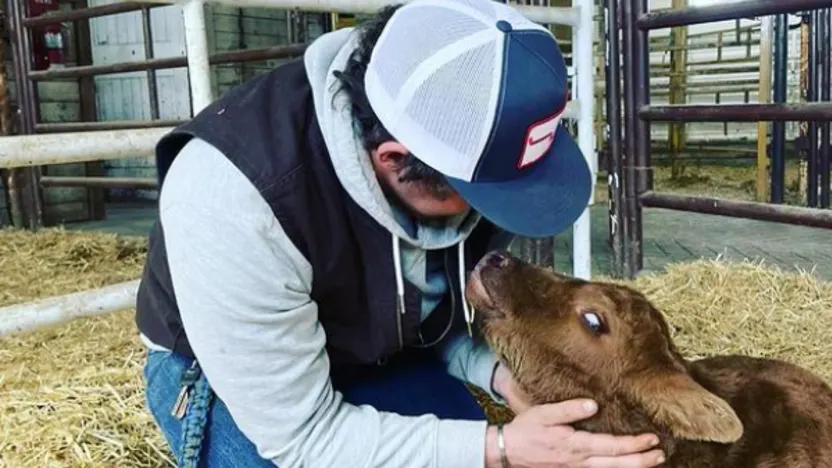
The word “legacy” comes up several times during Powley’s conversation with CanPL.ca — when discussing Nicholas’ impact on those around him, but also how the Powley family, including parents Angela and Craig, is choosing to honour him. After Nicholas passed away, the family set up a fundraiser on GoFundMe, of which 100 per cent of the proceeds have or will be donated to mental health organizations in Alberta. In September, they made a $4,000 donation to Triple Kick, a not-for-profit organization in Edmonton that uses soccer and physical activity to promote mental, physical, and social wellbeing. The organization was started by Rob Risling, a long-time mainstay in the Edmonton soccer community, and someone that the Powley family has known for a long time. “He does a lot of work with my old boyhood club, the Edmonton Drillers, and he thought it was time to start a foundation, and this was prior to the passing of my brother, that really focused in and honed in on specifically men’s mental health,” explained Powley. “He felt like there wasn’t enough talk or enough attention brought forward to the subject, so he kind of put his money where his mouth is so to speak; it was kind of a no brainer for my parents and I. “We were so fortunate, it was amazing, we raised a little bit over $9,000 from people all across the country,” he added. “Every single penny of what we’ve raised is going to be donated, and we made our first donation to something that we thought was a good cause. Rob met Nicholas on many occasions, so we thought it was only right to kickstart that foundation in Nicholas’ name.” Dylon is also in the early stages of setting up a scholarship in Nicholas’ name for local male and female soccer players who are looking to make the move to college or university, and hopes to have that up and running in 2024. As for the rest of the money that was donated, they are looking to give it to other local organizations — preferably ones that match Nicholas’ interests. “Part of what we’d like to do next is really hone in on what Nic loved to do and find a foundation that Nic could look back and say, ‘You know what, yeah, that was a little bit of me right there’,” Dylon said. “We still always have our eyes out for local charities that we can donate to here. “Maybe a cowboy foundation or something like that — something to just kind of pile on top of everything else that we already know about Nic to just really solidify what he was about.”
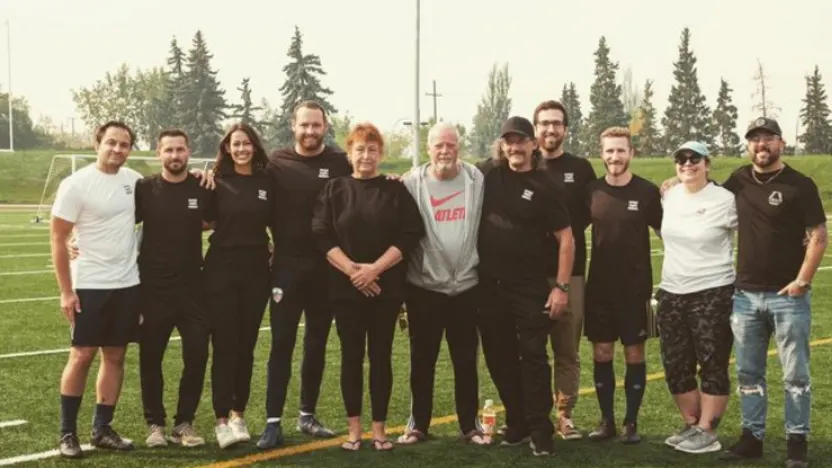
Part of what Triple Kick and organizations like it are working toward is the ending of the stigma around speaking about mental health. Nicholas’ battle was one that Dylon said they “didn’t know he was fighting so valiantly.” Powley said that this is a tragic reminder for people that just because people may present themselves as being well, it is impossible to know how they are really feeling unless they tell someone. “It’s looked upon as a weakness to talk about what’s bothering you, unfortunately,” Powley said. “I know myself, I’ve never really been one to open up, but I’m slowly getting a hold of that and starting to change that. Honestly, it’s such a significant difference that it makes when you start talking about things. “As men, we kind of have these egos about ‘We need to be the pillar that everybody can lean on’, but sometimes that pillar needs somebody else to lean on too, right? So [we’re] just bringing more attention towards it, bringing more awareness of the importance of it, specifically for men, but this goes for everybody — men, women, children, everybody. There’s no limits that you can put on it.” Powley said candidly that “people would rather sit there and listen to you for an hour, rather than go spend an hour at your funeral,” and stressed again that anyone who may be struggling with their mental health should try and speak to someone about what they are going through. Whether one reaches out to a family member or friend, seeks professional help with a therapist, or speaks to anyone else, Powley says the most important thing is recognizing that something isn’t right, and starting the conversations that will help people get the help they need. “Something I’ve learned over the past year is that one thing that may seem insignificant to somebody else might not feel insignificant to the person that’s feeling it. I think it’s so important for people to know that whatever you’re feeling is valid, and it’s okay to feel that way,” Powley said. “The first step is admitting that there’s a problem, I think once you do that, then you have to start finding people in your life that you feel like you can talk to — it’s important [to know] that the people that you have in your life, it’s not a burden to them for you to be going to them and speaking on how you feel, or if you have some kind of depression. Having that bravery, and that, that sense of self awareness is so huge.” While it is important to reach out to others, and also listen to others if you can, Powley says there must be a balance between the two things. The desire to help others is admirable, and appreciated, but it is also important to consider one’s own mental health, something that again reminds him of his brother. “[Nicholas] was such a passionate man in terms of wanting to make sure that his friends, his family, everybody was always looked after, and when when you’re that kind of person, very often you forget to think about yourself,” he said. “I think that’s a message in there, it’s amazing that people want to take care of each other, but you have to be able to take care of yourself first before you take care of others.”
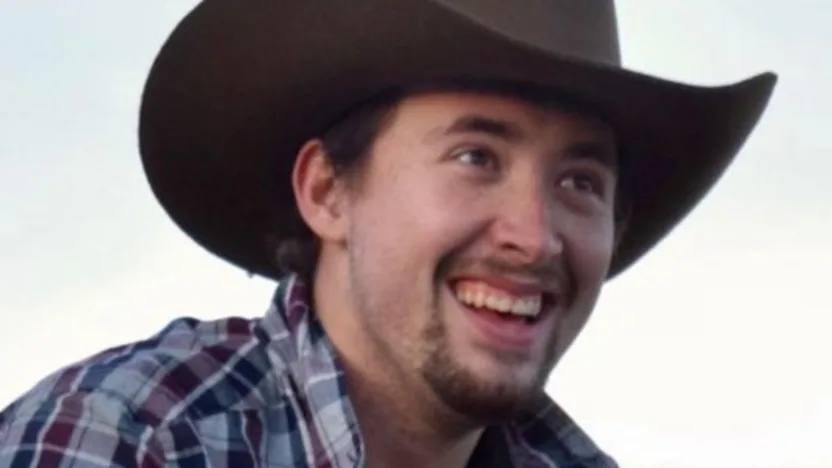
Powley can also draw upon his experience as a professional athlete to try and better understand what other people may be going through. Being in and around stressful, high-performance environments, he noticed that the results-oriented lifestyle as an athlete can take its toll on people. After playing with the Calgary Foothills, as well as Swedish side FC Gute, he spent the first two seasons of the Canadian Premier League’s history (2019 and 2020) with his hometown FC Edmonton, later moving to Ontario to play for Atlético Ottawa in 2021. He announced his retirement in early 2022. After being involved in sport for so long, Powley said that transitioning into a non-playing career was difficult at times. “You hear the stories about preseason, you see all the preseason trips, you see all the trips across the country to play to play games, and you just miss that camaraderie that you have and that feeling of knowing that you’re working towards a common goal with a group of guys,” he said. “It’s definitely something that is tough in the first couple of years, and then as time goes on you learn to accept it and learn to look at it as an opportunity to start a new chapter of life, rather than missing out on something.” As the 2021 season was coming to a close, he had a feeling that he was ready to step away from playing professionally. He spoke to a sports psychologist that Atlético Ottawa made available to the team, an opportunity that he said really helped him come to terms with the decision he was making. “I was struggling a little with the big question of ‘Okay, well, who am I now?’,” he admitted. “You go from week in, week out signing autographs, having little kids come up to you and wanting to meet you, and for lack of a better term, I kind of thought about it as ‘I’m just a normal person now.’ “I was looking at it as through the glass-half-empty kind of lens, and not the glass-half-full kind of lens. This is not an ending, this is the start of something new, this is the start of the next chapter of your life, and when you have somebody that has no previous knowledge of you just be able to tell you that, it definitely makes you think a little bit that ‘Have I been looking at this the wrong way? I’ve been too hard on myself’, all those kinds of things.” Thankful for Ottawa being innovative in offering a service like that, Powley hopes that other teams across the Canadian Premier League, and around the world, have or will continue to follow suit. He believes that in order to get the best results on the pitch, and the best people off the pitch, it is important to ensure that everyone is well mentally. “I would say to everybody in the CPL — players, staff, everybody like that — [that] everybody is in this league for one purpose, and that’s to be successful,” he started. “They want the league to succeed, they want teams to succeed, they want individuals to succeed, but I would argue that you’ll get the best results from people when they’re in a good mindspace. “I’ve been on the end of some not-so-good stretches of games, where you just feel like the entire world is against you. You’ve got to keep plugging along, you’ve got to take it day-by-day, one foot in front of the other, and then just try to take it as it comes at you.”
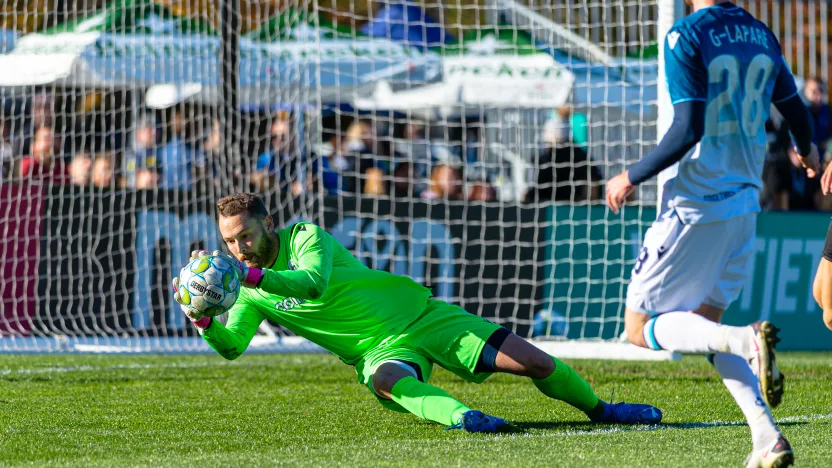
Two of Powley’s three CPL seasons involved some kind of isolated bubble environment as well, as the league continued operating as best they could despite the COVID-19 pandemic sweeping across the world and grinding many things to a halt. The 2020 CPL season was played on Prince Edward Island, while the start of the 2021 season took place at IG Field in Winnipeg. On both occasions, players were required to stay in the hotel or designated facilities within the bubble at all times, something that everyone dealt with differently. While they were there to play soccer and do a job, players took it upon themselves to be there for one another, and make the most of what was a less-than-ideal situation. “Those were some of the tougher months, for sure,” Powley recalled. “Those are months where nobody can get through that by themselves, you really have to start leaning on each other. It’s a ruthless business, it’s a result-oriented business, if you’re not doing your job, the next person is in line waiting, licking their chops to get your spot. “I don’t have children or anything like that, but I can only imagine what some of those experiences were like, having to FaceTime your kids every night before bed instead of seeing them and tucking them in. Fortunately enough I didn’t have to go through that experience, but I saw that it was starting to wear on some guys for sure. “Just putting your arm around somebody and just saying, ‘Hey, are you doing okay today?’, and if they’re not just trying to offer whatever you can.”
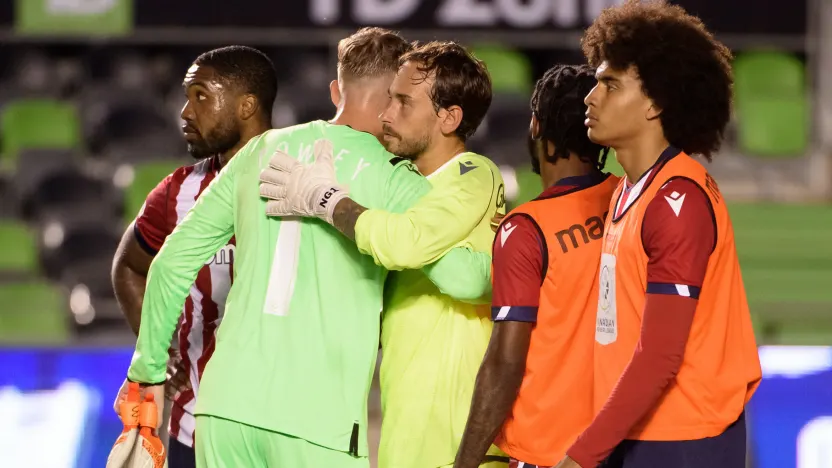
That spirit of emotional support and looking out for one another will be important for Powley and his loved ones in months and years to come. “This year is going to be a year of firsts for my family, it’s going to be our first Thanksgiving, Christmas, all of those things with a massive piece of our family missing,” Powley said. “It’s definitely given me a lot of perspective, and it’s definitely changed the way that I look at things with other people — you never know what somebody else is going through so it’s so easy to just be kind. It’s so easy to just ask your friends, ‘Hey, how are you doing? I’m just checking in on you.’ “It’s something that I’ve tried to adopt with my friend group and just send them a message to say, ‘Hey, I’m proud of you. I’m thinking about you, and I just hope you’re having a good day.’ “You never know how much that can change somebody’s day.”
If you are struggling with mental health or thinking of suicide, or know someone who is, there is help. Resources are available online at www.crisisservicescanada.ca or you can connect to the national suicide prevention helpline at 1-833-456-4566, or the Kids Help Phone at 1-800-668-6868.
Further mental health resources are available across Canada, including for those in the Edmonton area at Triple Kick.
